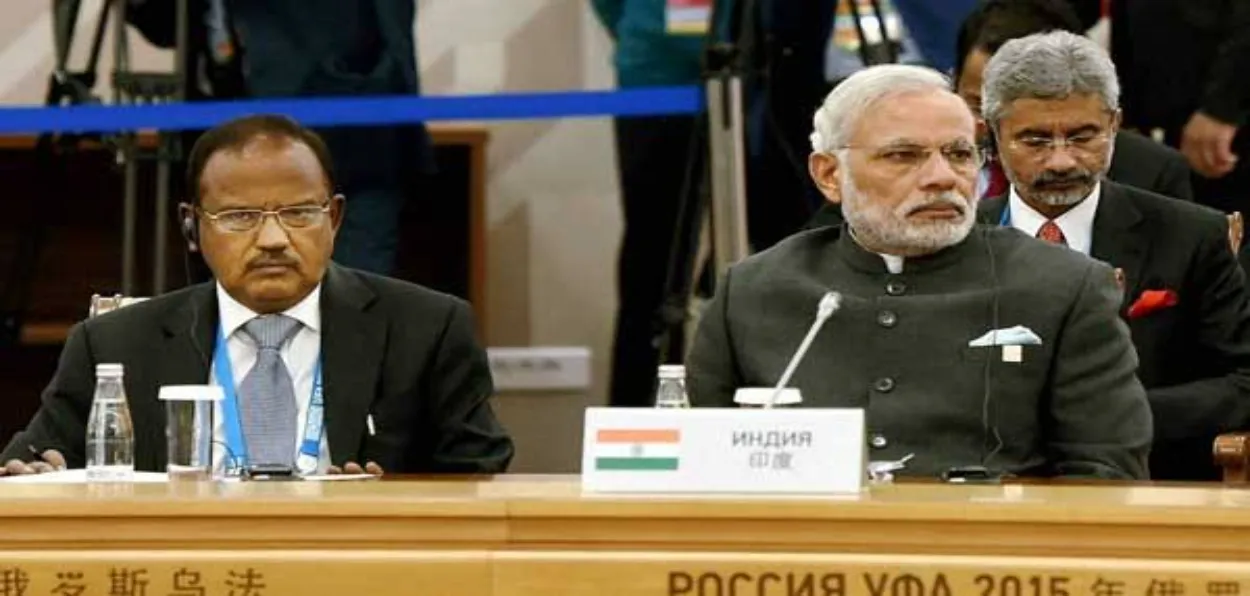
Atir Khan
India’s recent retaliatory strikes on terrorist camps in Pakistan mark a defining moment in the evolution of the country’s national security strategy, steered by National Security Advisor (NSA) Ajit Doval.
These operations demonstrate a mature, calculated, and assertive approach to counter-terrorism under the leadership of Prime Minister Narendra Modi.
A series of high-level meetings between the Prime Minister and NSA Doval laid the groundwork for a coordinated tri-services operation targeting nine terrorist sites with precision missile strikes. These were not indiscriminate attacks but surgical strikes with a clear objective: neutralizing terror hubs while minimizing collateral damage and avoiding civilian casualties.
This strategic operation underscores the importance of decisive political leadership and expert operational planning. NSA Doval, with his decades of experience in intelligence and counter-terrorism, played a pivotal role in both planning and execution. His in-depth knowledge—acquired over years of fieldwork, including a posting in Pakistan as an economic counsellor at the Indian High Commission—was instrumental in identifying critical targets.
The freedom granted by Prime Minister Modi to the security establishment allowed them to operate with autonomy and effectiveness. The strikes were meticulously planned and executed under Doval’s supervision, leveraging intelligence gathered over the years about terrorist infrastructure in Pakistan-occupied Kashmir (PoK).
As a former Director of the Intelligence Bureau, Doval brought unparalleled insight into the operational dynamics of terror networks operating from regions such as Muridke and Bahawalpur — headquarters of Lashkar-e-Taiba and Jaish-e-Mohammed respectively.
These areas have long been on the radar of Indian intelligence agencies, which have repeatedly flagged them as centers of cross-border terrorism and, more recently, as sources of Khalistani provocation.
Reports suggest that over 90 terrorists were neutralized in the strikes. While details about the identities of top militant leaders are still emerging, the message is unambiguous: India is now prepared to strike deep into enemy territory to dismantle terror networks at their roots.
This operation not only sends a strong signal to terror outfits and their patrons but also marks a shift in India’s strategic posture—from restraint to resolute retaliation—without compromising its ethical stance of avoiding civilian harm.
READ MORE: Op Sindoor: India hits terror hotbeds in Bahawalpur, Muridke, Sialkot, PoJK
Significantly, the attacks were precise and aimed at terror hubs. However, Pakistan is likely to indulge in propaganda that Indian armed forces have targeted civilian targets.
